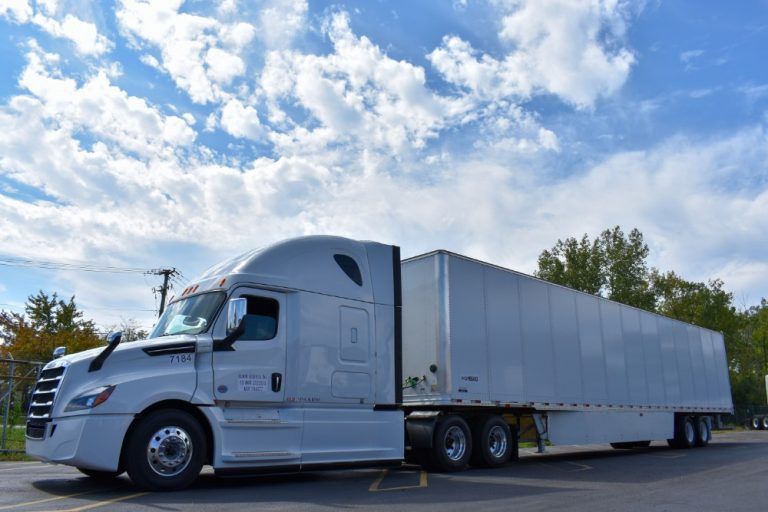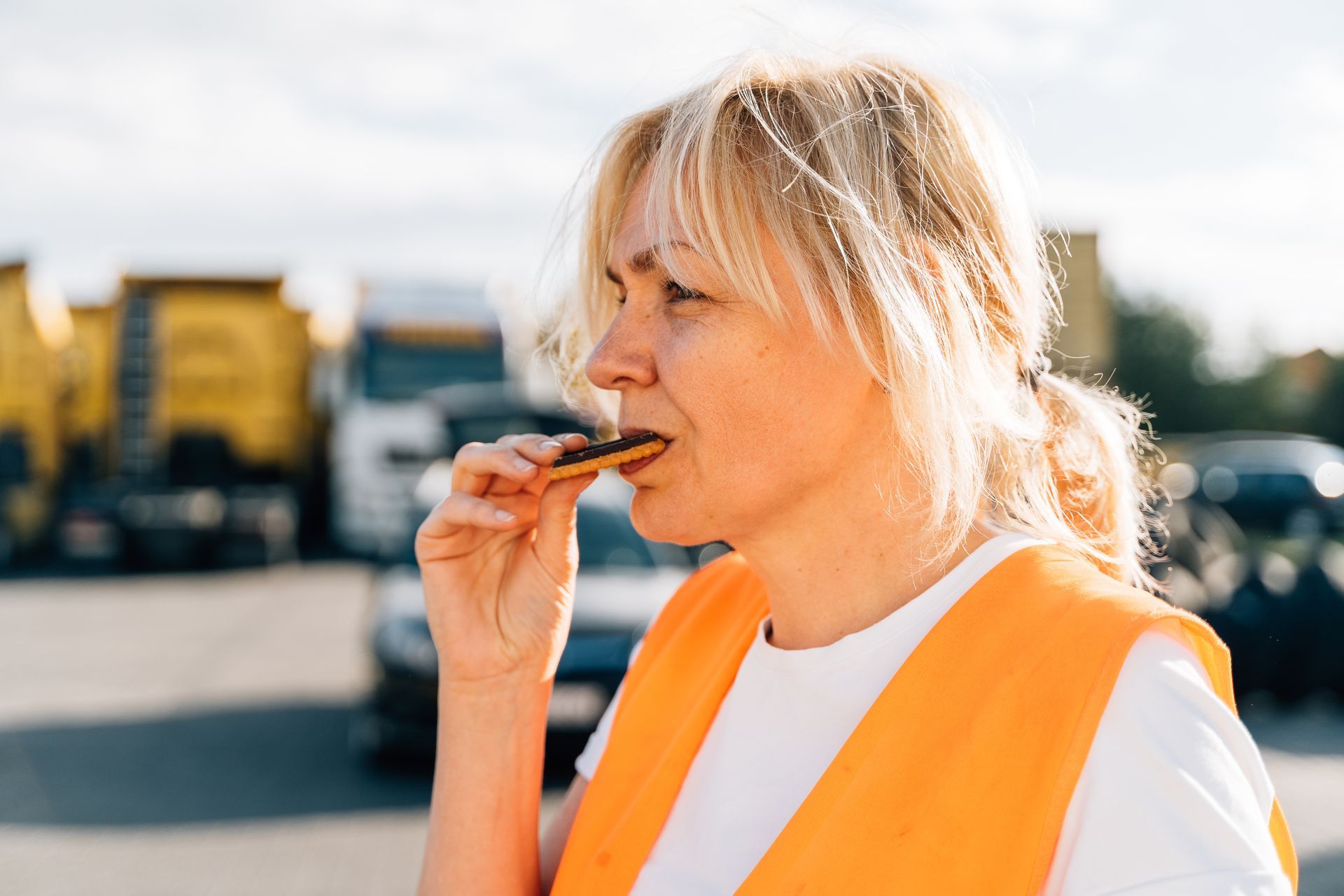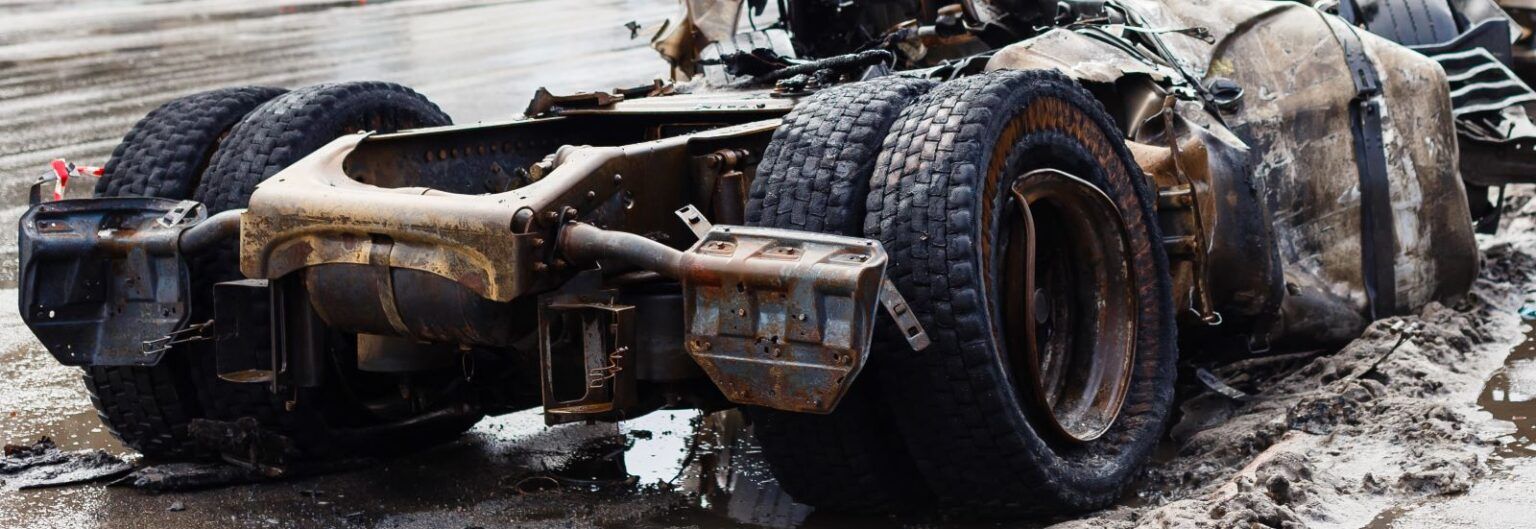WRITTEN BY: BLOOM SERVICES

As a trucker, undergoing a Department of Transportation (DOT) inspection can be a stressful experience. These inspections are conducted to ensure that truckers are following federal regulations and operating their vehicles safely. A negative inspection result can result in fines, suspension of your license, and even criminal charges. In this article, we’ll share tips for truckers on how to avoid negative DOT inspections and keep their vehicles in compliance.
Five Tips to Avoid Bad DOT Inspections
- Keep your truck well-maintained: Regular maintenance is key to ensuring that your truck is in good condition and won’t be flagged during an inspection. Make sure to check and replace brake pads, tires, lights, and other components as needed. You should also keep a detailed maintenance record of all the work done on your truck.
- Follow hours-of-service regulations: DOT has strict rules on how many hours truckers can drive without taking a break. It’s essential to stay within these limits to avoid being cited for fatigue during an inspection. Keep a log of your hours and take regular breaks to ensure you’re following the regulations.
- Check your load securement: The way you secure your load is critical to avoiding a negative DOT inspection. Make sure your load is properly secured and balanced to prevent it from shifting or falling off during transit. Regularly check the load during your journey to ensure it remains secure.
- Keep accurate records: Accurate record-keeping is essential to avoiding negative DOT inspections. Make sure you have all the necessary documentation, including your driver’s license, registration, insurance, and ELD/ logbook readily available. Keep these records up to date and in good condition.
- Be prepared for inspections: Be prepared for DOT inspections by having all the necessary equipment and supplies on hand. This includes safety equipment, fire extinguishers, and warning devices. During an inspection, be polite and respectful to the inspector and answer any questions truthfully.
Following these tips will help you avoid negative DOT inspections and keep your truck in compliance with federal regulations. Regular maintenance, following hours-of-service regulations, checking your load security, keeping accurate records, and being prepared for inspections are key to success. By following these guidelines, you can keep your trucking operation running smoothly and avoid costly fines or suspension of your license.
Bloom Services, Inc
Here at Bloom, we provide Freightliner Cascadias on our Rental and Lease-Purchase Program. They come equipped with powerful inverters, fridges, and an HVAC system that doesn’t require the truck to idle. The Freightliner is one of the most fuel-efficient trucks on the road. If you have a Class A CDL and want to long-haul, Bloom Services is hiring OTR truckers. Our drivers take home $3,000 + a week after all expenses.


office & Parking depot
5120 Belmont Rd Unit K, Downers Grove, IL 60515, USA
Hours of operation
Mon - Sun: 7am-5pm








